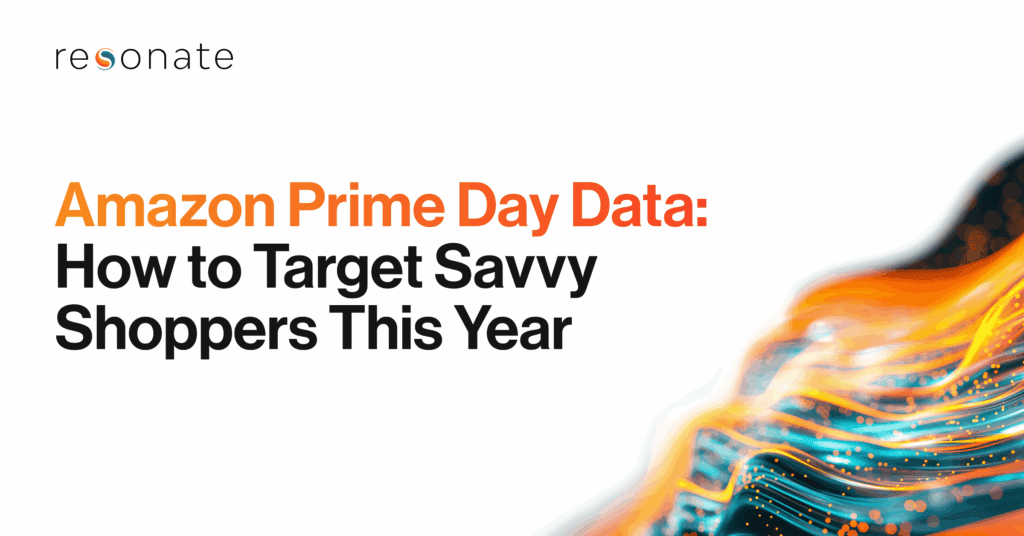In a significant, but quiet announcement published on Google’s Inside AdWords blog, Google released plans to limit the use of cookies and pixels on YouTube and remove the option for third party data targeting within the environment.
This is a big – and exciting – change to YouTube’s tracking and targeting, and one that can be perceived as a move toward a multi-screen experience and a more targeted advertising approach.
So what does it all mean to you? Read on about the details, the why, what you should do about it and why it matters.
The details
As Google moves away from cookie-based marketing to a more advanced approach, these changes will affect how advertisers will be able to leverage search data to target audiences within YouTube.
In lieu of cookie-based targeting, advertising will rely on Google’s customer match tool, which uses ID targeting and can follow users across their devices and screens where they are logged into their email account. These changes could result in a more personalized and effective targeting strategy across those screens.
Why are they doing this?
There is speculation about the motivation, but all signs point to usage. Since more than half of YouTube views come from mobile, Google is shifting some of their focus to mobile to provide a 360-degree view of individual user behavior.
What should you do?
Right now, just sit tight. These changes will not affect any current YouTube advertising campaigns or require a shift in strategy. If there are noticeable changes in audience behaviors or campaign efficacy through the coming months, these issues will require immediate attention. However, it is anticipated that before campaigns are truly impacted, Google may require additional certifications from their partners in an effort to keep them updated and educated.
Why this matters
Advertisers accessing third party data within a demand-side platform (DSP) or data management platform (DMP) may not have the ability to use this data when targeting YouTube inventory. By Google restricting third party data, advertisers will no longer be able to use non-Google pixels. However, first party data created with cookies and pixels within Google’s own tools will still be allowed.
These changes seem to be the first in a series of updates Google intends implement in the near future.
As Google looks to advance their advertising capabilities, Resonate will stay on top of these changes and remain at the forefront of the industry. We will continue using cutting-edge technologies and the best data, and remain a certified Google partner.
As we continue through 2017, we will use our resources to stay close to Google and follow their announcements to ensure we are proactively and reactively adjusting to serve our customers.



